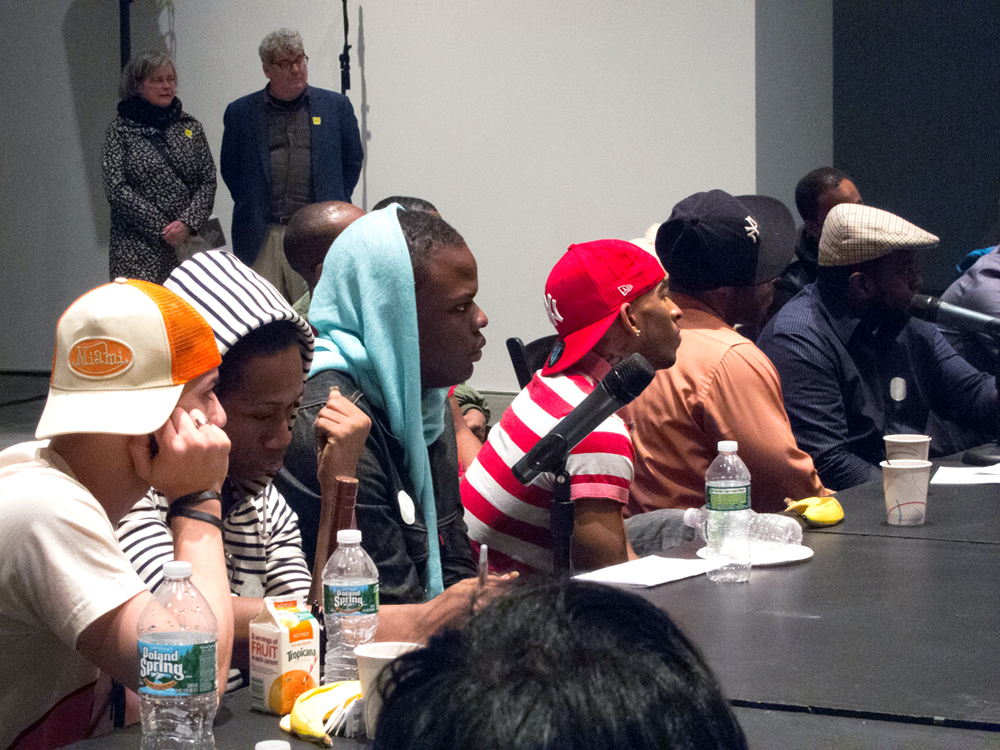
What is the Sound of Freedom?
Ultra-red Vogue’ology
For day two of Ultra-red’s project, the investigation will take up protocols for listening to the sound of freedom composed and facilitated by the Vogue’ology collective.
Arika have been creating events since 2001. The Archive is space to share the documentation of our work, over 600 events from the past 20 years. Browse the archive by event, artists and collections, explore using theme pairs, or use the index for a comprehensive overview.

For day two of Ultra-red’s project, the investigation will take up protocols for listening to the sound of freedom composed and facilitated by the Vogue’ology collective.
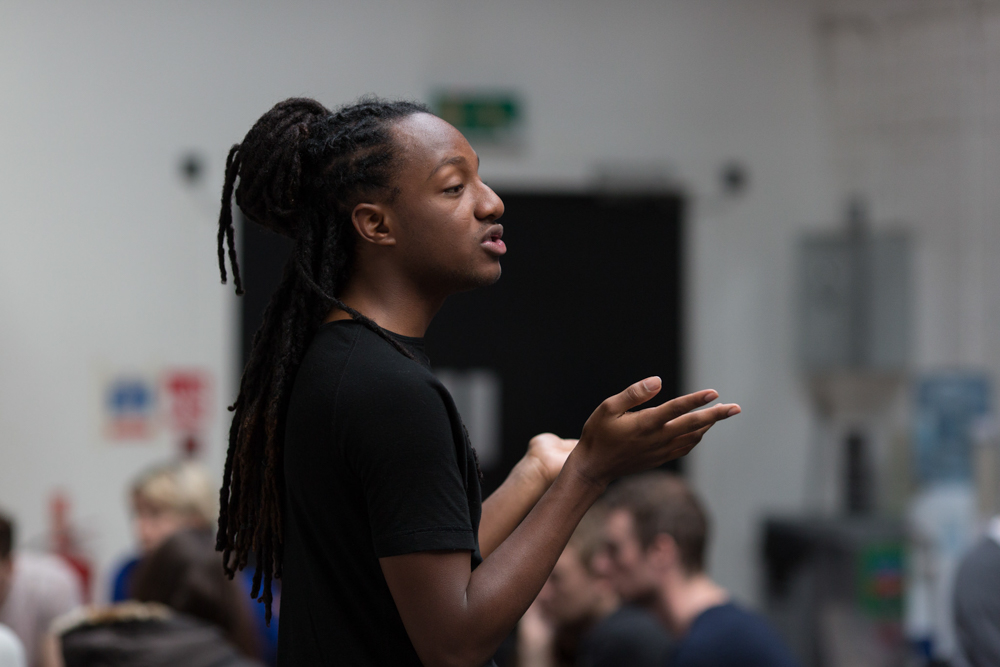
A collaborative social justice project that uses art, activism and awareness to combat the systemic oppression facing young, trans, queer & gender nonconforming people of colour.
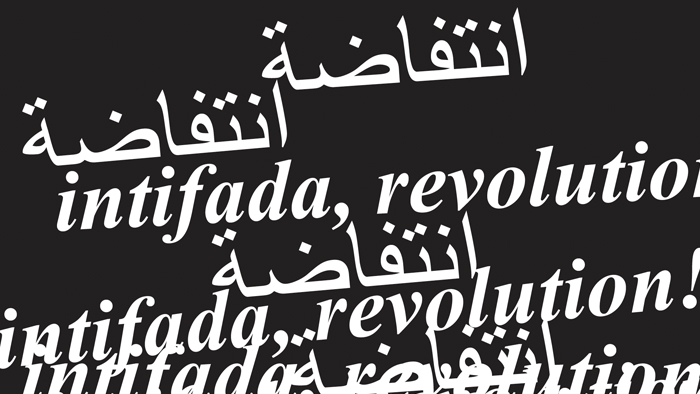
A workshop for educators, activists and young people to think about radical, anti-imperialist pedagogy, and what fighting for the Palestinian cause looks like for young people in the imperial core. PDF of the resource available soon.

“Introduction to Protactile Theory” is a legendary seminar that facilitator John Lee Clark has designed to bring diverse communities into conversation with the Protactile movement.

What would a world and an ethics look like free from the destructive consequences of the Western mind?

Solo performance on bass clarinet, jaw harp & voice by Arrington De Dionyso.

An invitation into languages field of touch; to speak in feeling together.

Includes: solar flares, insect fireworks, a new film from Ian Helliwell, pulsating glaciers, an apple being eaten alive, sea ravaged stock, crushed blackberries and film that has literally risen from the grave.
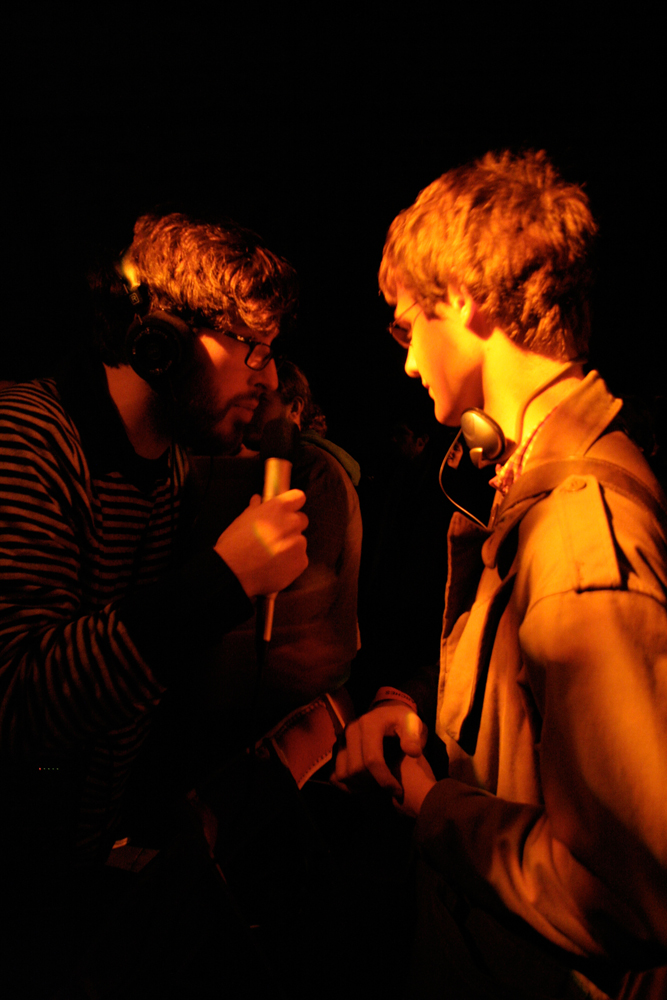
Jarrod Fowler creates a social space where layered one-to-one live encounters with the audience become sonic material.
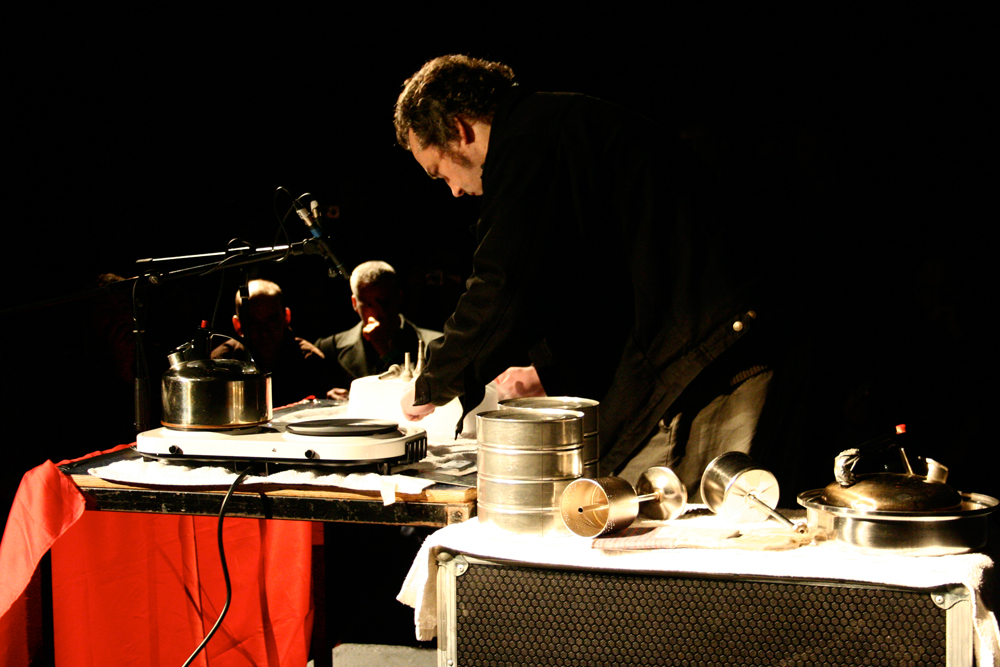
Michael Colligan pressing white hot metal into dry ice, causing the metal to sing and scream.
Post consideration and post rationalisation… How do we think about experimental music and film after the performance?

Rather than asking the state for services, what kinds of change are made possible when we prioritise people supporting each other?